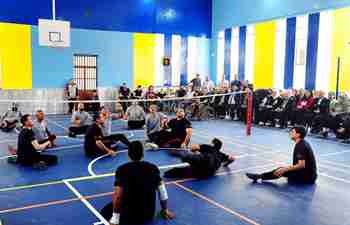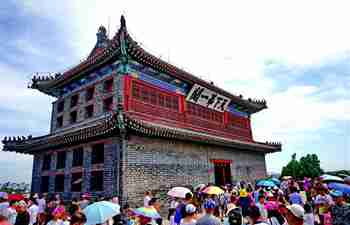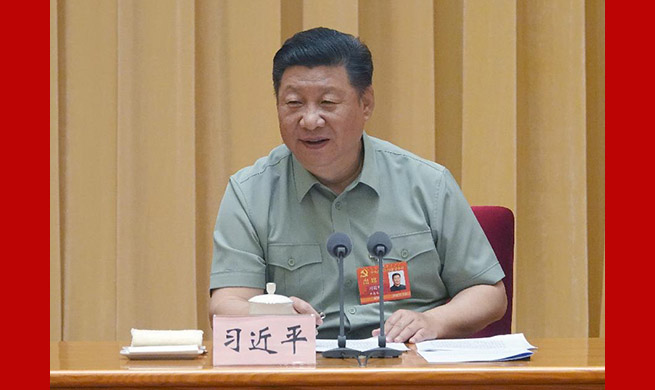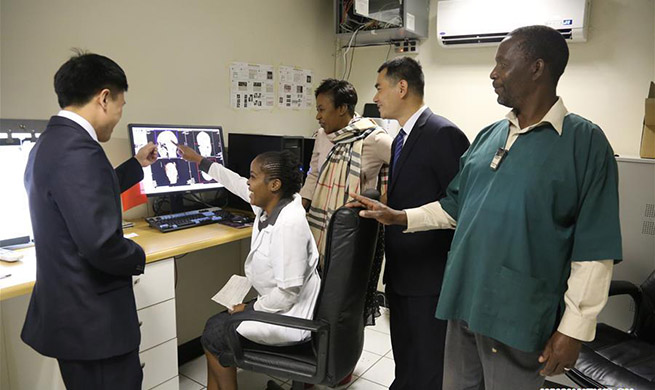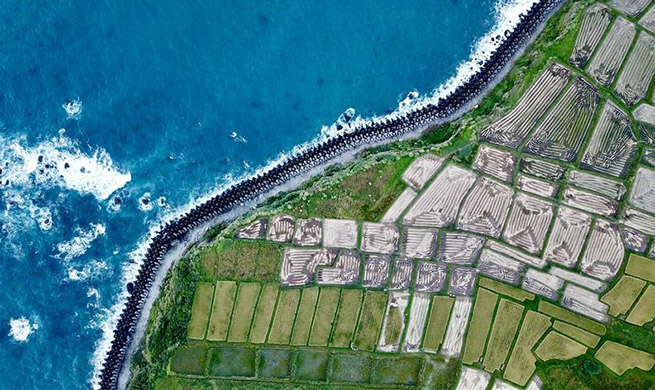CAPE TOWN, Aug. 19 (Xinhua) -- South Africa's major opposition party, the Democratic Alliance (DA), vowed on Sunday to fight any hostile takeover of the country's central bank, whose independence it said must be safeguarded.
There can be no meaningful public interest motive in nationalizing the South African Reserve Bank (SARB) but only the furtherance of private political interests, the DA said.
This came after another opposition party, the Economic Freedom Fighters (EFF), submitted the SARB Amendment Bill to Parliament earlier last week, proposing to do away with private shareholders and "make the state the sole holder of the shares in the bank."
To nationalize the SARB "is a hostile move in a long game of the EFF political maneuvers" to influence the mandate and operations of the bank and ultimately South Africa's banking system as a whole, the DA said in a statement.
This is also an electoral game for the EFF because whether or not the bill is passed, the EFF hopes to dominate the ruling African National Congress' radical agenda, and position itself as the authentic party of the left, said the DA.
The SARB's nationalization has become a focus of attention as South Africa head to the 2019 general elections.
The ANC, which proposed nationalizing the bank before, is lukewarm to the EFF's bill. On Friday, the ANC refrained from neither supporting nor opposing the bill but said it will scrutinize it.
Unlike most central banks in the world, the SARB has been privately owned since it was established in 1921, but its shareholders have no control over monetary policy, financial stability policy or banking regulation.
As a result, the bank has been criticized for failing to help boost the economy and create jobs.
The debate on nationalizing the SARB has been going on for quite some time. There has been a growing call, even within the ANC, to nationalize the central bank.
At its 54th national congress in December last year, the ANC proposed nationalizing the SARB so as to allow the government to own 100 percent of the bank's shares, replacing current arrangement, where the shares are held by a number of private shareholders.
The ANC later softened its stance on the SARB due to growing jitters among investors.
Nationalization will mean that the finance minister will have the ability to appoint every board member from a list of nominees that are confirmed by a panel also largely appointed by the minister.
Coupled with greater ministerial involvement in the bank, this would give the government enhanced ability to influence its rules in a market in which it also competes, investors say.
The SARB insists that changing the ownership structure of the bank could raise the level of risk and uncertainty for the country in both the financial and economic policy sense.

